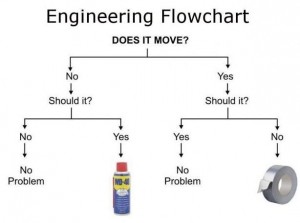There is a lot of well-intended talk about the critical importance of “finding your passion”, “being passionate about what you are doing”, and “the key to success is to do what you are passionate about”.
But I’ve noticed that many people often get stressed out when they are unable to immediately identify said “passion” in their own lives. And many of them are even assailed by doubts that they may not ever have a “passion”, and so may be consigned to a life less rich.
Having given this a great deal of thought and examination, I’ve come to this conclusion: While “being passionate” about what you’re doing is always nice, it’s not really that important.
I’ve discovered that – for me, anyway – the most important thing to achieve is “being passionate” about WHY you’re doing whatever you have chosen or will choose to do!
In fact, here is a simple breakdown of what I see as the optimal priorities when it comes to your “finding your passion”:
- Be passionate about WHY you care about _____.
- Be passionate about HOW you do _____.
- Be passionate about WHAT you do _____.
So if you ever find yourself stuck & frustrated in the search for your true “passion” in life, I recommend you ponder this bit of Zen wisdom: “When you seek it, you cannot find it.”
Instead of wearing yourself out trying to “find your passion”, why not try devoting your thoughts to WHY you care about whatever it is you find yourself really caring about. Once you’ve got that figured, it is more than likely that your “passion” will soon find you. 🙂
